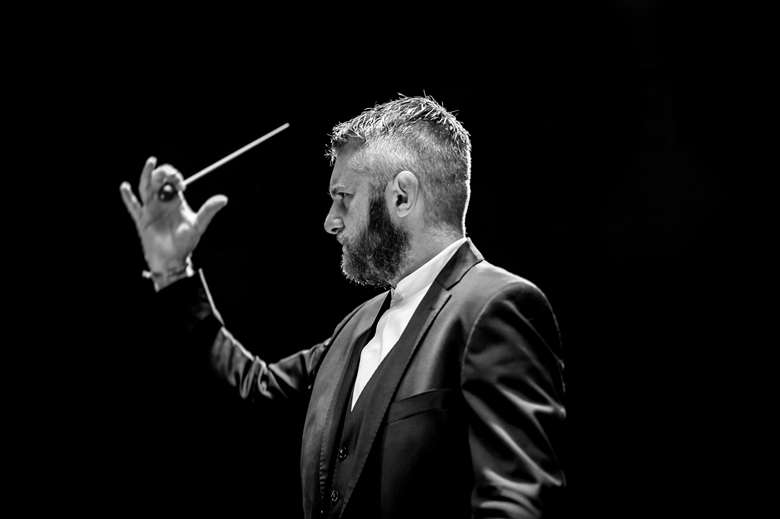Why we are bringing Strauss's Elektra out of the opera house
Kirill Karabits
Friday, February 21, 2020
Chief Conductor of the Bournemouth Symphony Orchestra, Kirill Karabits, is bringing Richard Strauss's Elektra to concert halls in Bournemouth and Birmingham

Register now to continue reading
Thanks for exploring the Gramophone website. Sign up for a free account today to enjoy the following benefits:
- Free access to 3 subscriber-only articles per month
- Unlimited access to our news, podcasts and awards pages
- Free weekly email newsletter








